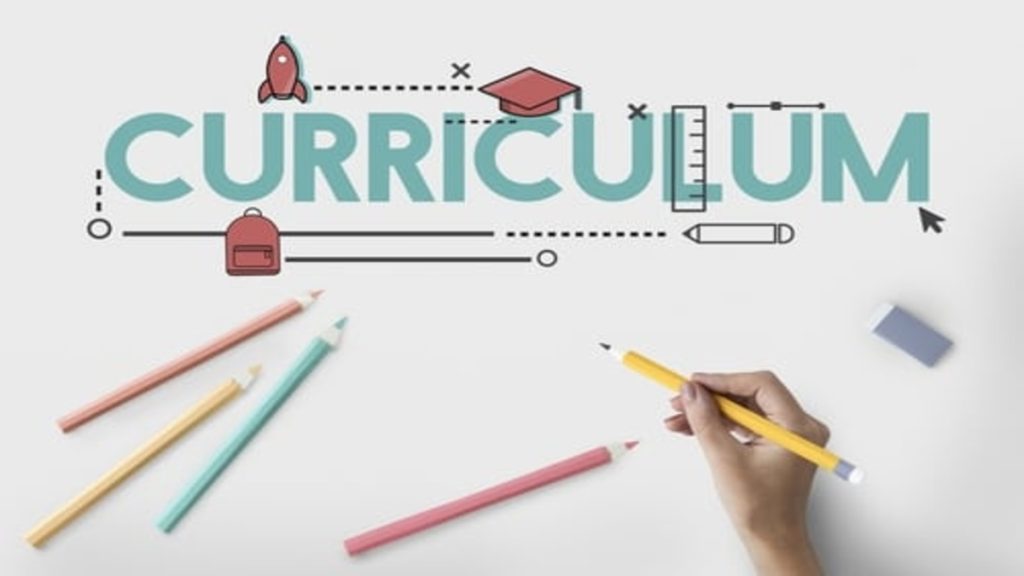The definition of curriculum and its interpretation varies from a narrow concept of “a set of subjects or programs of studies” to a broader concept of “a series of experiences undergone by learners in the school under supervision of a teacher/school”.
Since education is an orderly and deliberate effort, some plan is needed to guide this effort. The term CURRICULUM generally refers to that plan. The way in which curriculum is defined reflects value judgments regarding the nature of education.
Curriculum – Its Origin
In 1918, John Franklin Bobbitt’s THE CURRICULUM was the first textbook appeared on the subject. He was of the view that the word curriculum has been derived from the Latin word currere means race course.
In the words of Bobbitt (1918), the curriculum is “that series of things which children and youth must do and experience by way of developing ability to do the things well that make up the affairs of adult life. (Bobbitt, 1918, p.42)
Important Definitions
“Curriculum is the tool in the hands of the artist (teacher) to mold his material (pupil) according to his ideas (objectives) in his studio (school).” – CUNNINGHAM
“The curriculum may be considered as the vehicle whereby and through which we hope to enable children to achieve the objectives of education.” – HENRY J.OTTO
“Curriculum includes all those activities which are utilized by the school to attend the aims of education.” – MUNROE
“Curriculum is all the experiences a learner has under the guidance of the school.” – FOSHAY
Other Definitions
Pratt (1980) defines curriculum as a written document that systematically describes goals planned, objectives, content, learning activities, evaluation procedures and so forth.
Hass (1987) provides a broader definition, stating that a curriculum includes “all of the experiences that individual learners have in a program of education whose purpose is to achieve broad goals and related specific objectives, which is planned in terms of a framework of theory and research or past and present professional practice” (p.5).
Grundy (1987) defines curriculum as a program of activities (by teachers and pupils) designed so that pupils will attain so far as possible certain educational and other schooling ends or objectives.
Goodlad and Su (1992) define curriculum as a plan that consists of learning opportunities for a specific time frame and place, a tool that aims to bring about behavior changes in students as a result of planned activities and includes all learning experiences received by students with the guidance of the school.
According to English (2000), “curriculum is any document that exists in a school that defines the work of teachers by identifying the content to be taught and the methods to be used” (p.2)
Wojtczak (2002) defines curriculum as an educational plan that points out the goals and objectives to be achieved, topics to be covered and methods to be used for learning, teaching and evaluation.
According to National Curriculum Framework (NCF) Pakistan (2018), Curriculum is ―the planned and guided learning experiences and intended outcomes, formulated through systematic reconstruction of knowledge and experience under auspices of school, for the learners‘ continuous and willful growth in personal-social competence.
To Conclude
Curriculum compliments an interwoven network of physical, social and intellectual conditions that build and reinforce the behavior of individuals, and takes into account the individual’s ideas and interpretations of the environment in order to reinforce the learning objectives and to facilitate the evaluation procedures.
OTHER RELATED POSTS
